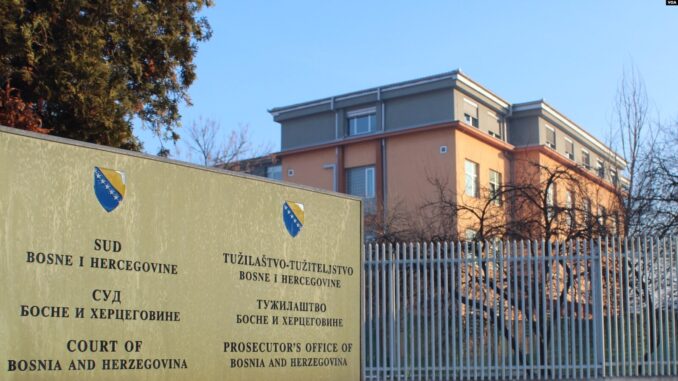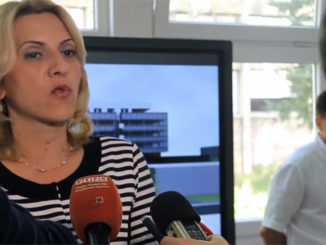
By Mladen Dragojlovic
The Bosnia and Herzegovina (BiH) prosecutor’s office and the Indirect Taxation Administration have established a team of experts to investigate thousands of companies in the country for tax fraud.
The companies are suspected of having avoided paying nearly 150 million euros total in direct, excise and customs taxes.
Goran Salihovic, chief prosecutor, and Miro Dzakula, the director of the tax authority, are directing the team. The group will be based on Croatia’s Bureau for Combating Corruption and Organised Crime, which has successfully prosecuted tax evaders in that country, Salihovic said.
“The prosecutor’s office and the tax authority will co-operate in order to prepare criminal reports on these companies and to do it in a fast and quality way,” Salihovic told SETimes.
Ratko Kovacevic, a spokesman for the tax authority, said the team will help strengthen co-operation between the two institutions.
“Before, there were experts for every single case of tax fraud and it made the job slow and inefficient. Now we have situation where they will work as a team on all cases, and that means faster work,” Kovacevic said.
He added that the co-operative effort will help deter tax fraud in the future.
If the team solves these cases faster than before, everybody who considers committing tax fraud will think twice, because they know the chances of being prosecuted are better, Kovacevic told SETimes.
Andy McGuffie, spokesman for the EU Special Representative Office in BiH, told SETimes that all initiatives to support the fight against crime and impunity are welcome.
“Reinforcement of the co-operation between the Indirect Tax Administration and the Prosecutor’s Office of BiH to tackle tax evasions and fraud is welcome in the light of the EU-BiH structured dialogue on justice. In November 2011, the European Union underscored the need to implement policies on preventing and fighting financial crimes,” McGuffie said.
He added that tax-paying citizens end up paying more and suffering from spending cuts in order to compensate for the unpaid taxes, something many in the country cannot afford.
The BiH economy was devastated by the 1992-95 conflict, and has struggled to recover ever since amid political instability. The country has a 40 percent unemployment rate.
“Curbing tax evasion at all levels will help BiH authorities secure much-needed tax revenues and ensure taxation is fair and efficient,” McGuffie said.
Zoran Pavlovic, an economic analyst from Banjaluka, said creating the team is a positive step.
“We are in a situation where there is no internal control of prices. Developed economies have strong control in this area, and BiH must work on establishing a similar institution,” Pavlovic told SETimes.
What other measures can states take to curb tax evasion? Tell us your thoughts below.( Southeast European Times)



